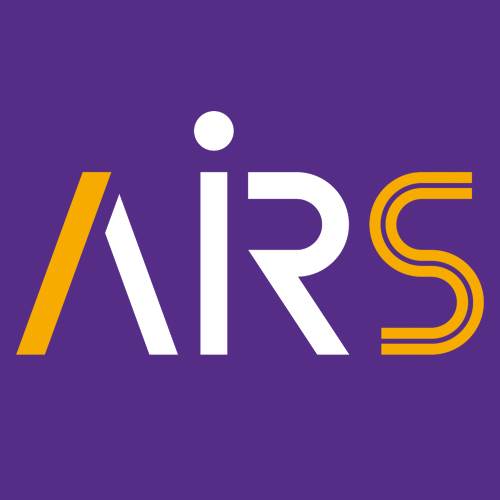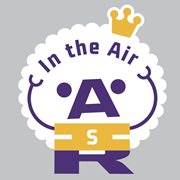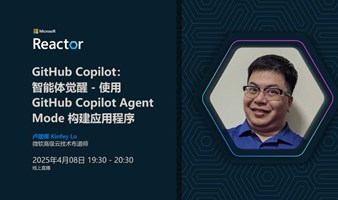

收起
活动内容收起

Nonlinear Data-Driven Predictive Control Based on Koopman Operators and quasi-LPV Models
Due to their considerable practical importance, fast nonlinear predictive control schemes have been receiving considerable attention over the last two decades. In this talk we present a recently developed approach to nonlinear MPC that is based on a quasi-Linear Parameter-Varying (qLPV) model of the plant. The nonlinear optimization problem is solved by iteratively optimizing the input sequence for an LTV system (using warm starts, this typically amounts to solving one QP per sampling period). Stability can be guaranteed via terminal constraints.
When a first-principles model of the nonlinear plant is available, a suitable qLPV model can be constructed using a velocity-linearisation approach. Alternatively, when a first-principles model is not available, we present a data-driven approach to construct a qLPV model that is based on a truncated Koopman operator representation and can be updated online. The real-time capability of the proposed method is illustrated with experimental results on an arm-driven inverted pendulum, a robot manipulator and a control moment gyroscope.
Biography
Herbert Werner received the Dipl-Ing degree from the Ruhr University Bochum, Germany, the MPhil degree from the University of Strathclyde, UK, and the PhD degree from the Tokyo Institute of Technology, Japan, in 1989, 1991 and 1995, respectively. From 1995-98 he was with the Control Engineering Laboratory at the Ruhr University Bochum, Germany, and from 1999-2002 with the Control Systems Centre at UMIST, UK. Since 2002 he is head of the Institute of Control Systems at the Hamburg University of Technology, Germany. His research interests include linear systems theory, robust and gain-scheduled control systems, networked control systems, and modelling of uncertain, nonlinear and time-varying systems.
活动标签
最近参与
报名须知
1、本活动具体服务及内容由主办方【AIRS 研究院】提供,活动行仅提供票务技术支持,请仔细阅读活动内容后参与。
2、如在活动参与过程中遇到问题或纠纷,双方应友好协商沟通,也可联络活动行进行协助。






 AIRS 研究院
AIRS 研究院


















